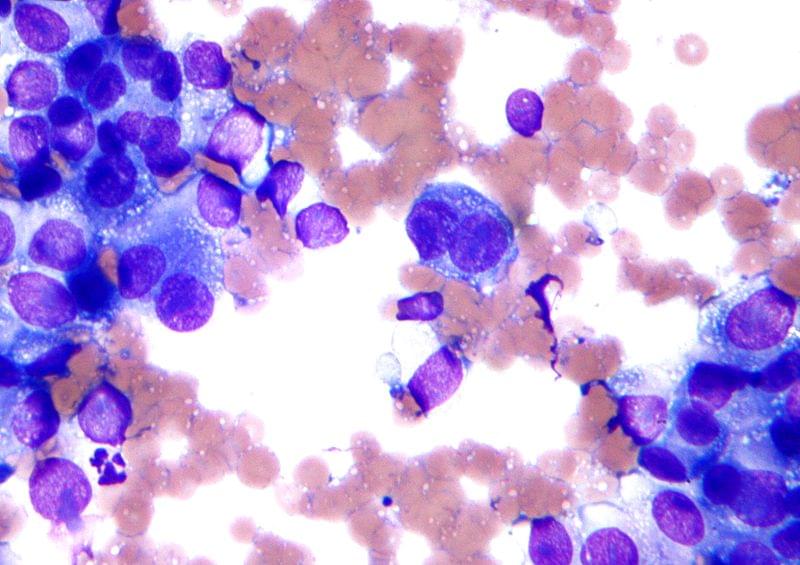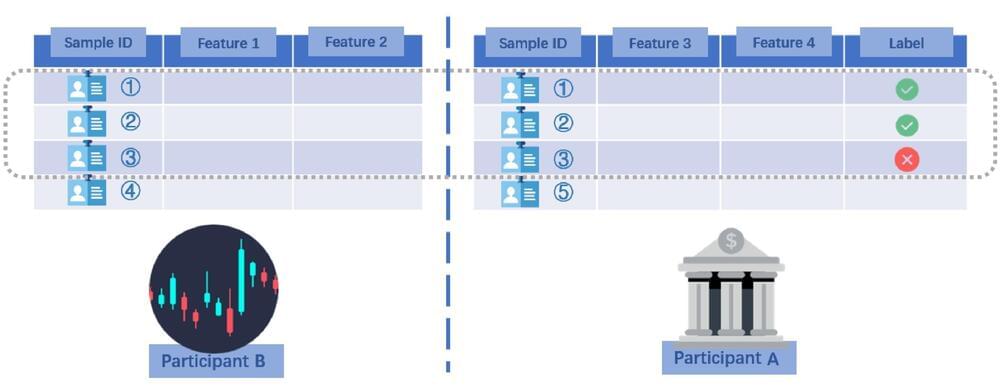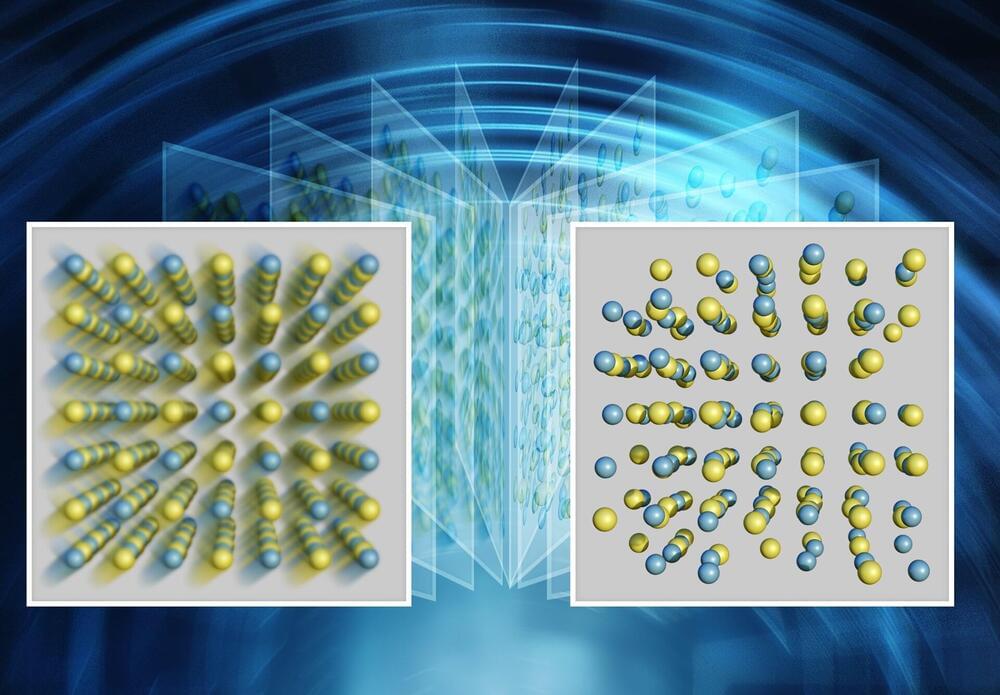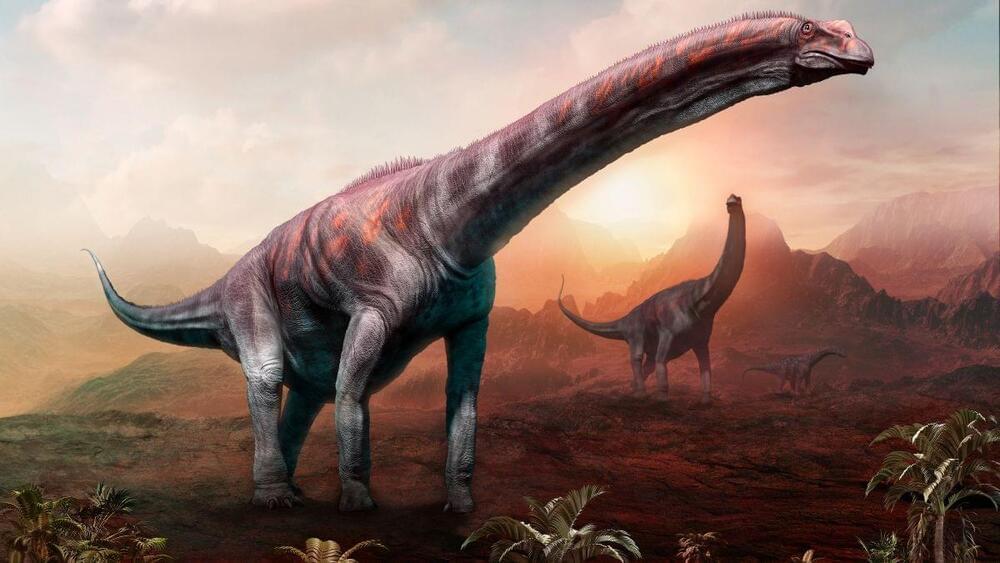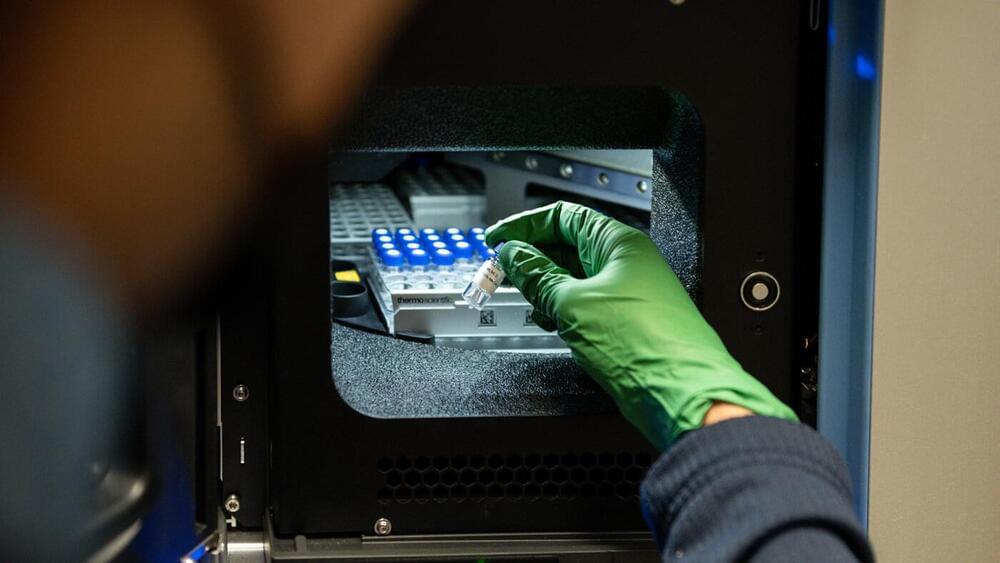
Compared to those of us who live at sea level, the 2 million people worldwide who live above 4,500 meters (or 14,764 feet) of elevation—about the height of Mount Rainier, Mount Whitney, and many Colorado and Alaska peaks—have lower rates of metabolic diseases such as diabetes, coronary artery disease, hypercholesterolemia, and obesity.
Now, researchers at Gladstone Institutes have shed light on this phenomenon. They showed how chronically low oxygen levels, such as those experienced at high elevation, rewire how mice burn sugars and fats. The work, published in the journal Cell Metabolism, not only helps explain the metabolic differences of people who live at high altitude, but could also lead to new treatments for metabolic disease.
“When an organism is exposed to chronically low levels of oxygen, we found that different organs reshuffle their fuel sources and their energy-producing pathways in various ways,” says Gladstone Assistant Investigator Isha Jain, Ph.D., senior author of the new study. “We hope these findings will help us identify metabolic switches that might be beneficial for metabolism even outside of low-oxygen environments.”
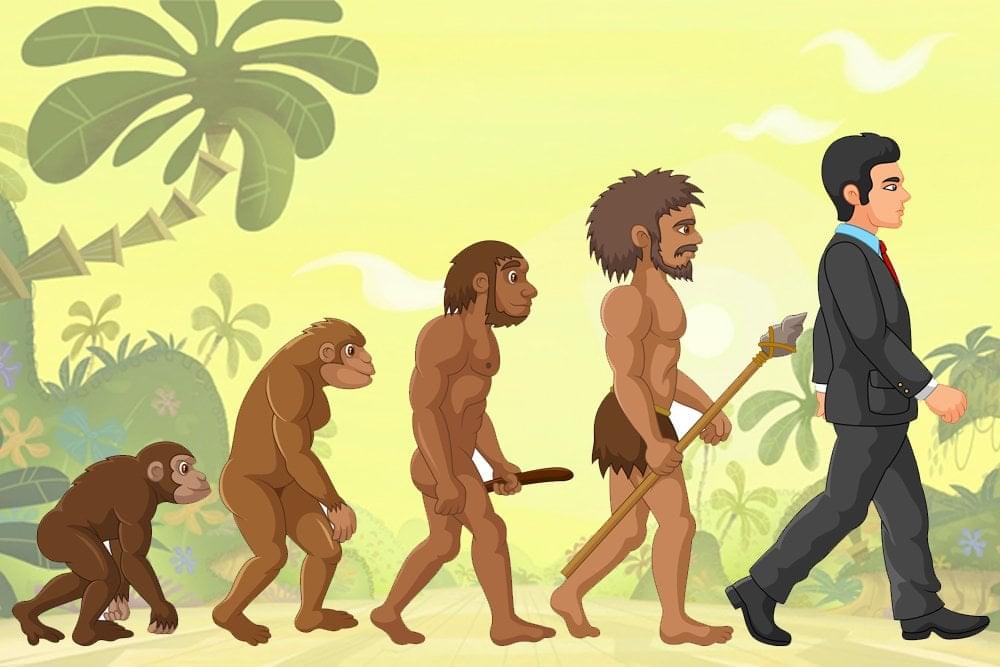


 עברית (Hebrew)
עברית (Hebrew)